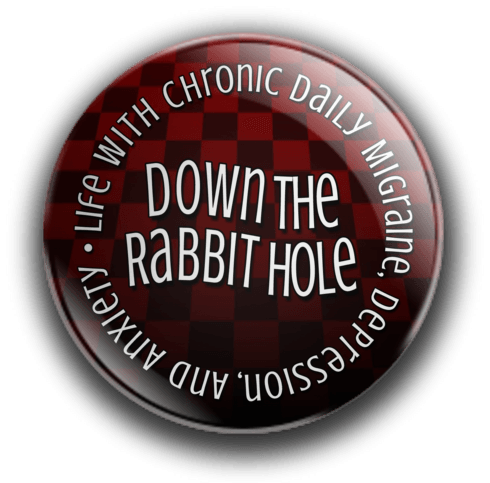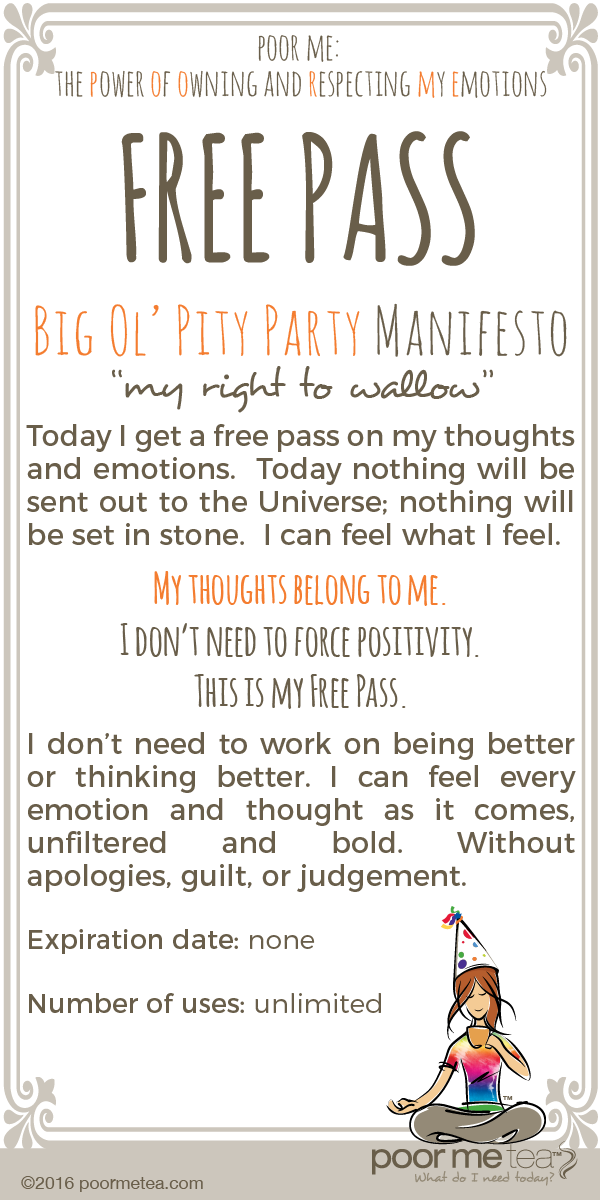

“Suicide doesn’t take the pain away; it just passes it to someone else!”
Why using this statement to try guilting people with severe depression and suicidal thoughts into staying above-ground is despicable:
▪It will stop the pain of living for the person. That part that says it doesn’t is false.
▪Whether there’s pain in the hereafter is a matter of question and personal belief.
▪Yes, others will be in pain if one dies at all, and probably angry if it’s by suicide.
BUT
It doesn’t pass on the pain that person felt – if it did, they’d understand why.
▪The statement is categorically false.
▪Asking someone to stay above ground and breathing simply to spare others from pain…by essentially telling the person their pain ranks below anyone else’s in importance or otherwise invalidating it, devaluing it, blaming/shaming them for having suicidal thoughts.
And I’m going to say it outright, and it will probably offend or upset a fair number of you, but I ask that you bear with me, finish reading the post, and to try to set aside that knee-jerk reaction and seriously give some thought to my words:
Asking someone to survive for others is no matter what is the height of shit because it’s selfish. As selfish as you think suicide is.
Because suicide it isn’t about you or how we feel about you or that we don’t care if we cause you pain.
As you point out when you judge someone for thinking of or dying by suicide – it’s about us.
It’s about the incredible weight of going on day after day with pain that we never really get to set down, the beating we take from our own minds every minute that would be horrible to see if it were visible and the scars of emotional wounds that never healed quite right, which reopen and we are often desperately trying to triage behind the smile we put on for those we love.
It’s about all the days, weeks, months, and years we have hung on a ledge by our fingernails, and by God, we survived…and we probably survived not for ourselves, but for those we didn’t want to hurt.
And as much as it hurts you to hear that, how much do you think it hurts when we reach out and the most common reaction is, “How can you even think about doing that to us?”
How many of those wounds start bleeding out with every, “If you don’t want to die…well, don’t kill yourself. Just quit thinking about it.”…”Instead of being so depressed, think about all the people who love you and how much it would hurt them if you choose to leave them.”…”You have a responsibility to your family/kids/spouse/friends to live.”…”Oh, yeah – take the easy way out and leave the ones who love you to suffer instead.”
“How can you be so selfish?”
“Wow, other people have problems, you know, but you are making this all about you, you, you.”
You notice what those real, personally experienced comments all have in common, besides the barbed guilt trips?
Not a single one addressed the pain of the person who expressed needing help, except to downplay it or dismiss it, while using the pain of others as an “encouragement” or reason to live, suffering or not.
All put the pain of themselves or others above that of the person needing help.
No one said, “How can I help?”…”What do you need from me?”…or even an open expression like, “I don’t know what to say/I feel uncomfortable/unqualified/[xyz emotion]…but I’m here for you and I’ll listen/do what I can.”
Not one response asked about the pain or wondered about how all-consuming and terrible it must be to make not existing sound logical or necessary to escape it.
In all fairness, I realize most people mean well when they point out people who love you and positive things, and some consider a guilt trip or low blow acceptable if it keeps someone breathing.
But every single one, well-meant or not, devalued not only the person’s suffering but the person themself by their words.
EVERY SINGLE RESPONSE MADE THE PAIN OF THE PERSON NEEDING HELP ABOUT THEM.
SELFISH.
If you can’t bring yourself to try to help or to just listen and be there because you can’t get past your judgement or misunderstanding about depression and suicide, for God’s sake, at least don’t inflict more damage.
I know it’s hard for someone who hasn’t experienced depression to wrap their minds around how it makes people truly unable to see anything but an endless existence of constant, soul-killing pain…or death as the only logical way to stop the pain.
How it isn’t that you don’t care about the pain and grief your loved ones will feel, but that you literally cannot see past the pain you’re in at that point – it’s like having blinders on. You can’t see the people who are lighthouses for you, because you can’t see through, under, over, or around the pain in front of you…and you can’t take them off, because you aren’t – CAN’T – thinking clearly enough to realize they’re not part of you.
At that point, it’s only if you come through the other side that you realize how much “you” you haven’t been, how much poison depression had been whispering over the voices of those you love and your own, and how much it made you believe its lies over the things you know are true…when you’re more you.
How much control over your thoughts you DIDN’T have, not because you weren’t taking your meds, not because you never thought of those you love, not because you just didn’t think happy thoughts, not because you were selfish, but plainly and simply because your illness got the upper hand despite you trying your best and fighting to hang on to those things.
See, that’s the thing people need to realize about suicide – it’s not a choice.
It’s death by depression; suicide is the MANNER of death – the “how” – but depression is the WHY.
Depression is an illness.
An illness that CAN be terminal at times, and that despite there being treatment it doesn’t always work for everyone, and sometimes one that did help inexplicably stops working, or that sometimes there are times when symptoms break through.
The same things can happen with a disease like cancer.
But when a person dies of cancer, we don’t question if they quit being positive, if they weren’t going to treatment or taking it properly, if they just didn’t care about leaving those who loved them to grieve, or say, “Wow, other people have cancer too, you know. She didn’t have to die from it. She was just making it all about her.”
We don’t tell people who have asthma, “I’ve never had any problems with breathing, and although I can see that you can’t breathe, I don’t REALLY understand it, so I just can’t help you.”
We don’t tell people who have a “physical” illness to just not have it or to not let it affect them.
When will we finally see that mental illnesses are just as physical as any other illness?
It doesn’t get much more physical than life or death.
Many are biologically and genetically based and cause physical symptoms as well, and even ones that are a result of environment or trauma…well, seems to me that it’s pretty simple to grasp that those were just as unasked for.
When will we stop stigmatizing those with mental illnesses and their effects? When will we stop seeing them as unimportant and not serious unless they affect or harm someone other than the person themselves?
Why are we letting those things affect how we see a person and their struggles to the point that they become unreachable?
You don’t have to understand to not judge. You don’t have to understand to help or to just be there.
You don’t have to understand to care…
If more people would see this, maybe less pain in this world would be “passed to someone else.”
Reach out to those you know or suspect are struggling. Because sometimes, they need YOU to reach THEM,
Because sometimes, the weight of all we carry just makes that impossible.
Be well, or as well as you can.
– Selena
























